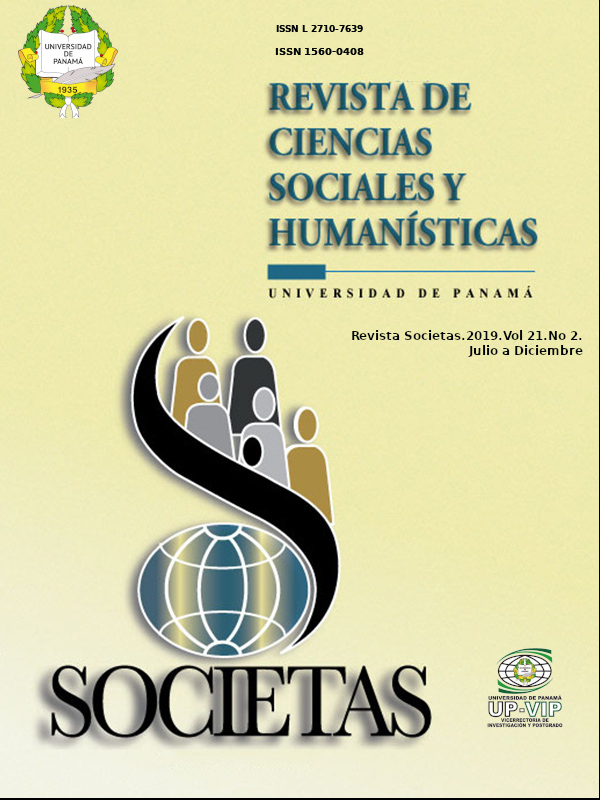

In this essay, the authors intend to present considerations about the place and presence of positivism, materialist dialectics and phenomenology as approaches to investigative methods, at the same time, to identify their value for educational research. These three orientations are not considered as the only ones, nor the most important, it is just that they have considerable space in the beliefs of researchers and in academic debate and can be bridges to assume novel philosophical ideas. The reflection is made from a perspective that begins to ponder the Latin American reality and in which basic arguments of the interaction between philosophy and educational research are shown. The work has been developed from the consultation of an extensive bibliography that includes master's thesis and the option to the scientific degree of Doctor and from listening to the opinions of several scholars who take education as a field. From very heterogeneous perspectives, the different currents of social and philosophical thought in recent centuries have been linked to the evolution of the scientific procedure to produce knowledge, so reflecting on this offers the opportunity to appropriate criteria that may be useful to students. scientists. Being in possession of good philosophical arguments to justify investigative actions positively impacts scientific activity.